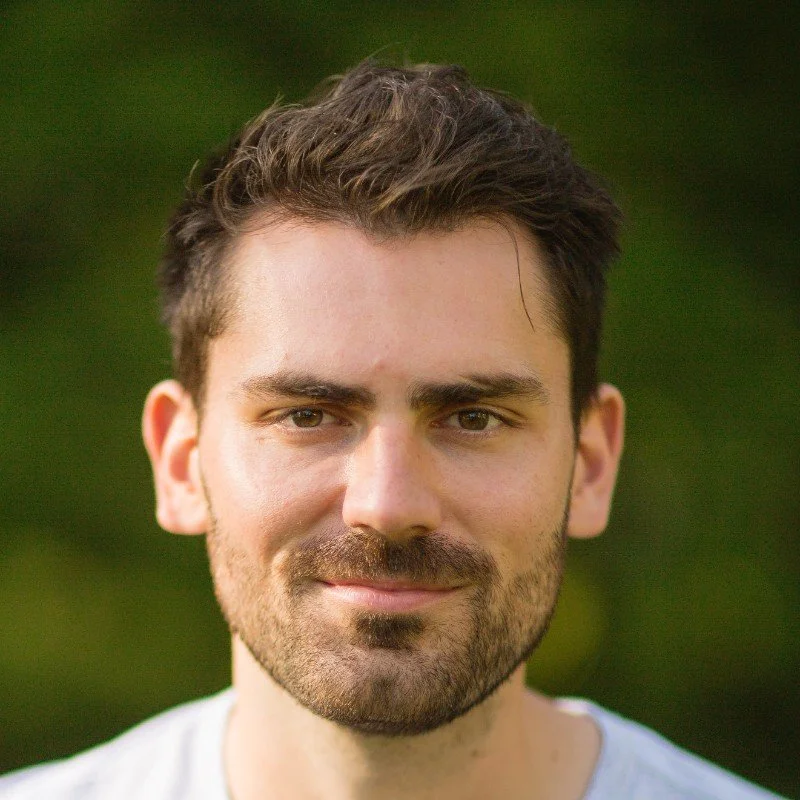Highlights - Jonathan Newman - VP, Research, Wilfrid Laurier University
/Lead Author of Climate Change Biology, and Defending Biodiversity: Environmental Science and Ethics
Vice President of Research, Wilfrid Laurier University
Climate change is certainly going to affect biodiversity. Some species will benefit from climate change, but others will not, and we'll have different ecosystems, different biotic communities as a result of this. I think the impacts that are likely are pretty clear, and I think that's a pretty good reason to do all those things we can do without completely destroying our economies and our communities because those things have moral value as well. It's not just the environment that we think is important. We also think humans are important, then doing the things we can do now, do the less painful things first. We should have done them already, and we should be now thinking about how to do the harder things.



















